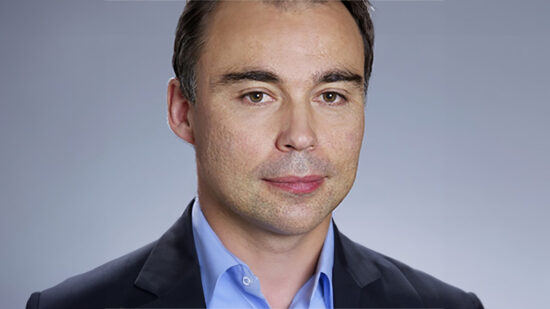In essence, the UAE Insurance Authority’s new legislation, to come into effect on 28 November, will make it inherently more costly and more complex for brokers to operate in the Emirates – and this will mean only the larger, more established and better capitalised firms will survive.
Increased costs
Amongst the revisions of the 2006 Insurance Broking Regulations, the capital required by locally incorporated brokerages has been hiked from AED1m to AED3m, and to AED10m for non-UAE firms. Similarly, unconditional bank guarantees have also been significantly increased.
In addition, extra staffing requirements will escalate the costs of doing business considerably.
The Authority will now demand that within each entity there is a chief executive or managing director, an ops manager, an internal auditor, an individual head of each line of business, and a separate head of each branch. Those within these roles will need to be fully qualified and have the relevant experience necessary.
Crucially, these individuals will not be able to combine their roles with a sales function, which they typically would in smaller firms. I calculate that these additional staffing obligations could add an extra AED1m per annum to overall costs.
Besides the costs, the new law overhauls some broker-client relationship rules. For instance, under the incoming legislation, the broker will be required to have signed client authorisation, which expressly establishes details of duties and power.
The Authority clearly has a 360-degree vision of how it wants the industry to be: it wants only the strongest, safest brokerages in business. It is aiming to achieve this goal by imposing higher compliance requirements across many areas.
So, how many insurance brokers operating today will be able to function in the new regulatory environment?
Unquestionably, there will be an extensive, UAE-wide consolidation. There are approximately 160 intermediaries currently and I expect no more than six of these will be able to be sufficiently compliant. One well-known figure in our industry, who is independent from deVere Group and Acuma [organisations owned by Mr Green], recently told me that he thought just three of today’s brokerages would be operating in 2015.
Clearing out the grey
I am wholeheartedly championing the UAE Insurance Authority’s regulatory revisions. To my mind, industry standards in the region will skyrocket as a result of this action because, first and foremost, it will move to eradicate unlicensed, under-resourced and/or undercapitalised brokers who have had alarming potential to undermine the sector.
By clearing out those businesses within the grey market – which clearly might have had some considerable ‘operational advantages’ as they were not playing by the same tougher rules as the larger firms – the environment in which those that remain will become more equal; the playing field will be level.
Naturally, this will encourage brokers to work harder in order to set themselves apart and put clear water between their competitors. Competition, if it is fair, is always positive on every level for our industry.
Levelling the playing field
The eradication of brokerages operating in the ‘parallel’ marketplace and the levelling of the playing field amongst the larger firms will, evidently, benefit clients. There will be increased and more robust levels of protection, operational and relationship standards will be higher, and brokers will be forced to work harder than ever to deliver a truly results-driven service to new and existing clients.
I’m confident that ‘The New Era’ will also benefit IFAs in those companies that are able to be fully compliant with the new legislation, as it will ultimately shore-up the industry, in which they are major stakeholders, thereby ensuring its long-term prosperity.
In addition, I fully expect many of the advisers who find they will not be able to meet the new requirements will seek to join these larger, established firms. Such a move will, typically, be advantageous for them as they will be backed by comprehensive resources, products and back-up support to which they have not previously had access; and their new positions will, I believe, offer greater levels of job satisfaction, higher rewards, and better long-term career prospects.
In short, the ‘shake-up’ is an unequivocal sign of the maturing of the UAE’s financial services sector and one that should be welcomed.
It also poses an important wider question: Will other similar markets in different regions around the world follow the regulatory direction of the UAE, an increasingly dominant financial centre, as they also evolve and mature?
Nigel Green is founder and chief executive of the deVere Group








